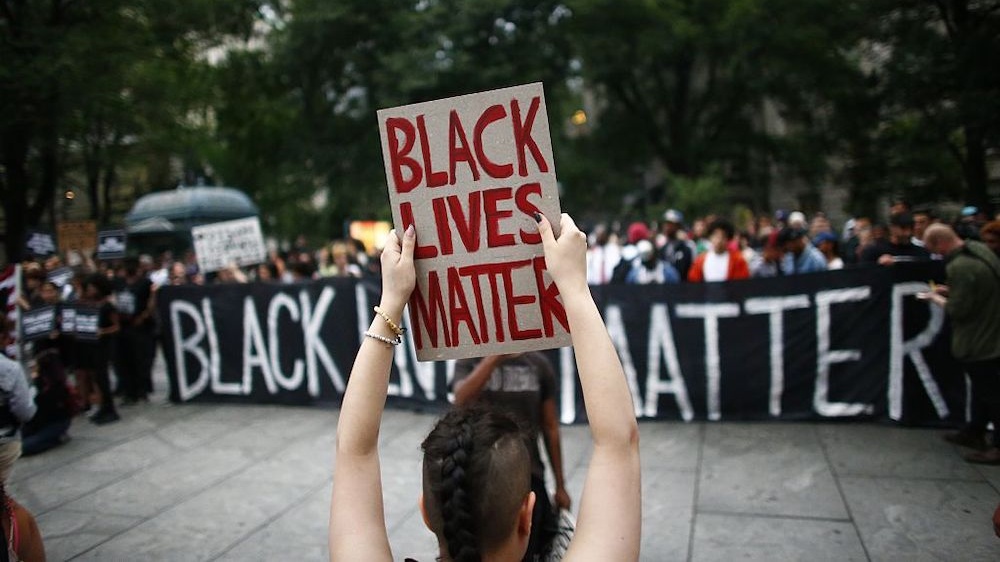This piece was submitted from a member of our enthusiastic community of readers. If you’re interested in sharing your opinion on any cultural, political or personal topic, create an account here and check out our how-to post to learn more.
An OG once said, “If you have 10 friends, three of them will support you, three will not and four of them will be indifferent.” Oftentimes we ask ourselves, "Why hasn’t anyone supported me? Why haven’t they supported my business? Why don’t they care?" You know you have allies, but the perception of an ally isn’t gospel.
So instead of playing the game of likes, shares and comments, let’s get to the point: who's faking and who's not.
The following is two ways to spot a fake ally on social media:
1. Pandering For Recognition
People pander. They use movements and trendy topics to manipulate your emotions. However, they don’t care. They hide behind the screens to like, share and comment to maintain friendships and political clout. Like presidential candidates, they’ll say anything in front of crowds to gain votes, but switch positions in front of others or maintain the status quo when power is bestowed upon them.
They’re pandering for recognition. Why? Because they understand that pandering to your needs will strengthen relationships and position themselves to reap all the benefits.
It’s not enough for someone to fawn your emotions, anybody can do that. But will a nobody provide consistent action? Maybe. But I would consider someone with deliberate action to be an ally, instead of an inactive, virtual panderer.
True allies provide action. When thinking about a potential fake ally, ask yourself, when is the last time y’all spoke? Now, here’s the difficult question: are you a fake ally to someone else?
2. Using Outrage Culture As Currency
It seems like everyone is competing for outrage. Groups are fighting over who's the most marginalized and oppressed. Fake allies will pimp your outrage for opportunities. They’ll pretend to be equally as outraged and find a way to monetize it, gain significance or expand influence. Businesses, corporations and leaders may use your outrage for donations, retweets and followers.
Allies value your relationship more than an opportunity. Good-willed people want to fulfill their purpose, and most of the time, they don’t want anything in return. People who use your outrage for personal gain are fake allies. Yes, it may be hard to find, but discernment is key.
Life exists away from the screens. However, in our digital age, social media has proven itself to be a strong conduit for change. Movements are born online. Black culture flexes its power online. (Ask Popeyes.) If we want to be the change we believe in, then we must recognize real virtual allies versus those who are pandering to our needs and monetizing from our outrage.
